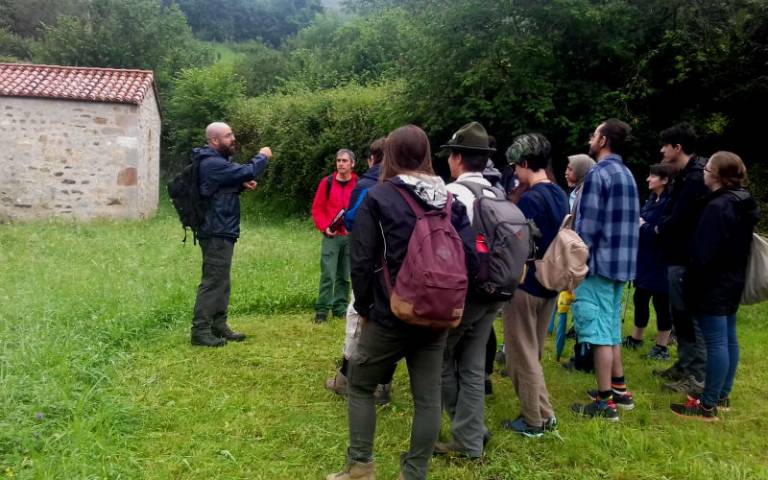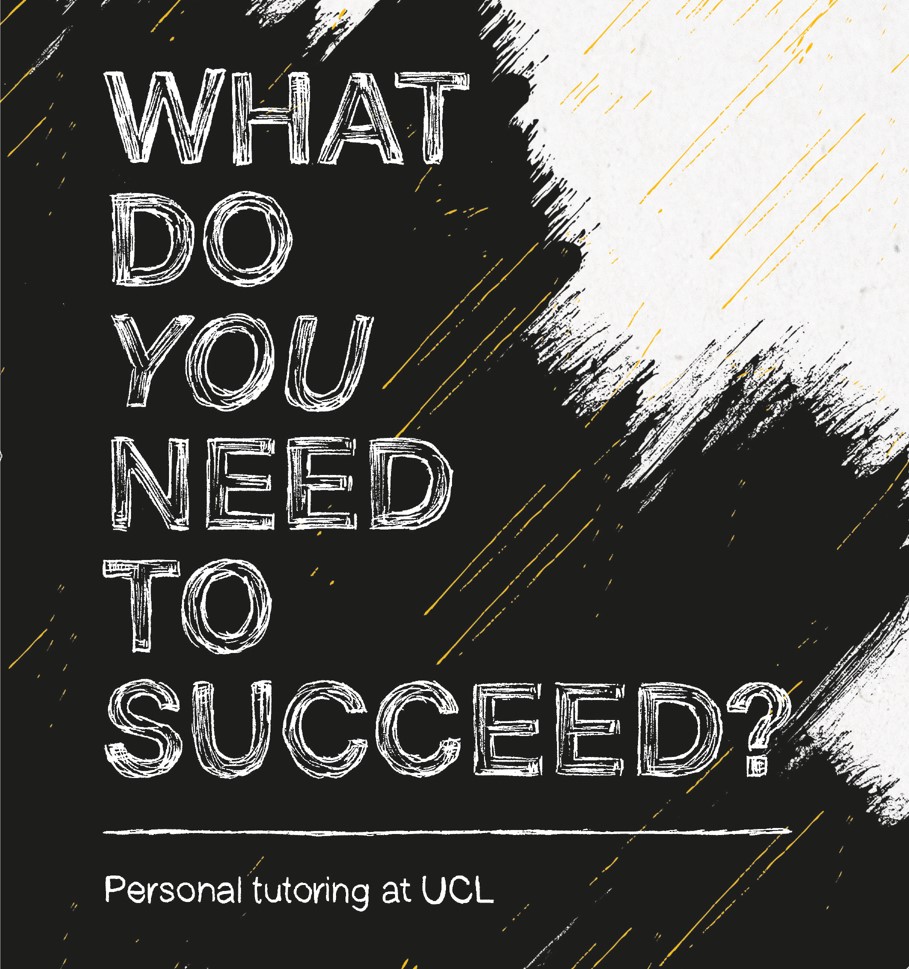Why I value being a personal tutor: Dr Gabriel Moshenska, UCL Archaeology
The Senior Lecturer in Public Archaeology and winner of the 2018 Student Choice Award for Excellent Personal Tutoring on the rewards and responsibilities of being 'the human face' of UCL

4 October 2018
Gabriel Moshenska studied at UCL and is now Senior Lecturer in Public Archaeology. He works on the archaeology of the Second World War, the history of scientific studies of Egyptian mummies, and the public understanding of the past. He is active in promoting awareness of mental health issues in academia for both students and staff, and in challenging the silence and stigma that surround it.
Dr Moshenska is the Departmental Tutor for First Year Students, and is also personal tutor to ten undergraduate students and even more MA students in archaeology.
In 2017-18, he won the Student Choice Award for Excellent Personal Tutoring.
His students describe him not just as caring and available, but as someone who “makes sure that we are doing what we are doing because we love it”. He was commended for providing excellent advice, on both personal and academic matters.
One student noted the incredible level of support provided by Gabriel after they were sexually assaulted, and experienced significant mental health challenges thereafter, noting simply that “Gabe saved my life”.
What do you think is the main purpose of a personal tutor?
I think the main purpose of a personal tutor is to work with students as they navigate university life, helping them over the bumps and celebrating their triumphs.
We should be the human faces of an often rather alienating institution, and the first port of call for questions, problems, or just a chat. I think this role is particularly important for first year students, when it’s nice to have a friendly face if you’re feeling a bit lost or homesick.
In your experience, what are the main areas of discussion?
The questions and problems that students bring to me as their personal tutor vary from straightforward help with negotiating university bureaucracy, to concerns about grades and courses, and sometimes very personal matters of health and wellbeing.
A lot of this is triage – telling students who they need to talk to, and advising them of the existence of services and opportunities within or outside the university.
What do you get out of being a personal tutor?
The rewards of being a personal tutor are considerable.
On a very basic level it’s great to get to know students as individuals, to learn about their interests and ambitions, and to see them develop over the years of their study.
For some students, it’s a great feeling seeing them graduate when you know that they’ve overcome real challenges and difficulties along the way.
How do you think UCL’s personal tutoring system could be improved?
There’s plenty that can be improved with UCL’s personal tutoring system: I think there should be much more emphasis on the value of training in, for example, mental health first aid.
Personal tutors would benefit from a handbook or resource to help them direct students towards services and facilities in the university and in London that they might not otherwise know about.
And most of all I think we should hear a lot more from students about their needs and expectations from their personal tutors, and the positives and negatives of their experiences.
 Close
Close


